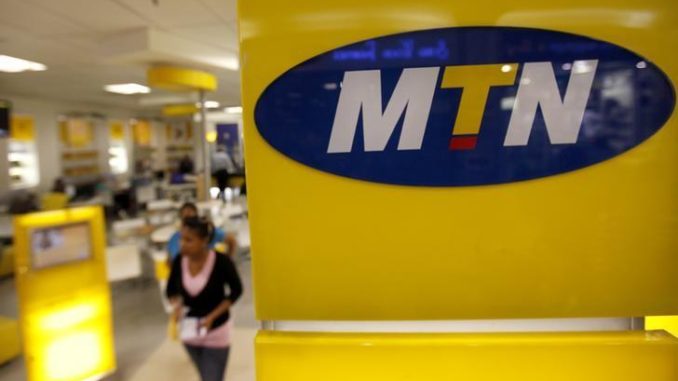
JOHANNESBURG (Reuters) – MTN Group, Africa’s biggest mobile phone operator, returned to first-half profit on Thursday, marking a move away from a turbulent 2016 that highlighted the risks of the company’s emerging markets strategy.
The results were bolstered by the absence of charges related to a $1.1 billion fine imposed by Nigerian authorities last year in a long-running dispute over unregistered SIM cards.
“These numbers give us hope for the future. It’s a very encouraging platform upon which to build our strategy,” said Rob Shuter, former Vodafone European head, who became chief executive in March.
Founded at the end of white rule in 1994, MTN’s clashes with regulators in the past few years had held back growth and threatened to tarnish its image as one of post-apartheid South Africa’s biggest commercial successes.
Shuter’s appointment is expected to put the company back on a growth path with a shift away from basic telecoms services towards offering its more than 200 million users the ability to pay bills or watch live football matches on their phones.
MTN, which operates in more than 20 countries in Africa and the Middle East, said headline earnings came in at 3.9 billion rand ($294.40 million), or 212 cents per share, in the six months to end June compared with a loss of 4.9 billion rand, or 271 cents per share, a year earlier.
Headline EPS is the main profit measure in South Africa and strips out certain one-off items.
MTN’s shares were nearly 3 percent higher by 0726 GMT.
MTN had said last week it expected to return to profit in the first half of its financial year and that the loss in the first half of last year was mainly due to “non-recurring costs”, including the Nigeria fine.
Shuter, along with his new executive team that include the new head of M&A Stephen van Coller and finance head Ralph Mupita, may have other tricky issues to tackle in Nigeria and also Iran.
($1 = 13.2472 rand)
Reporting by Tiisetso Motsoeneng; Editing by Susan Thomas and Jane Merriman